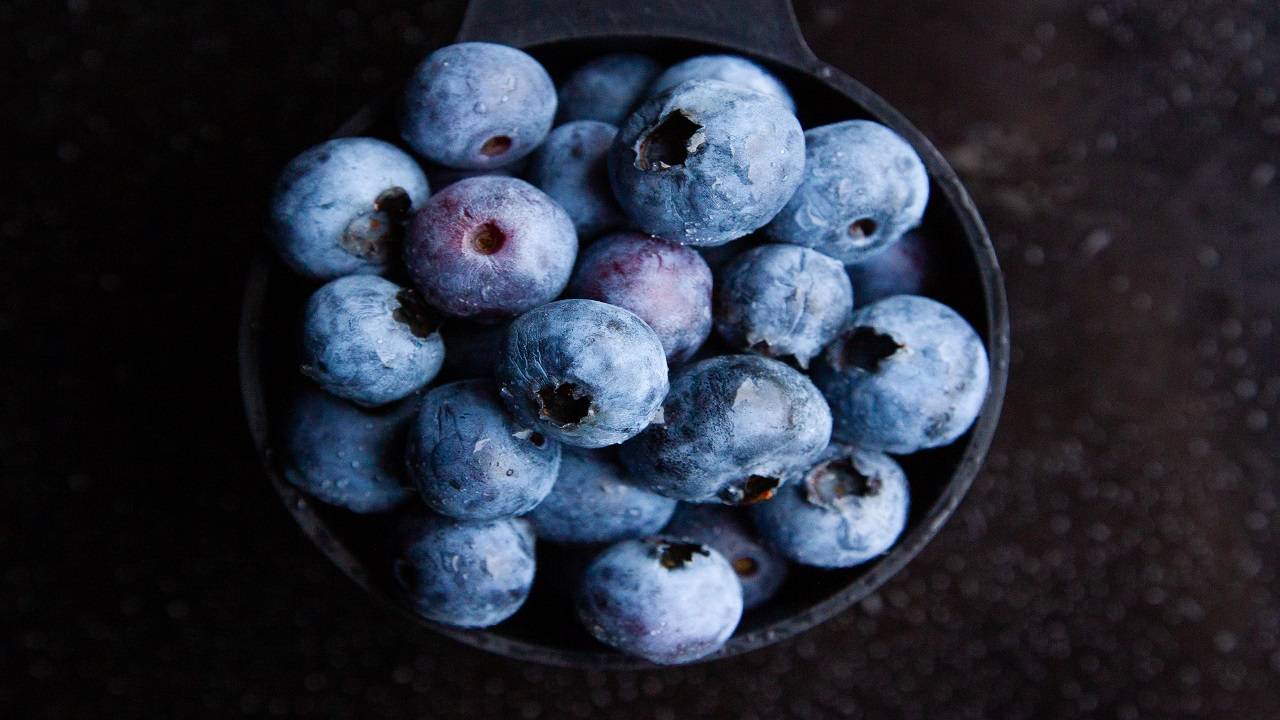-
Home -
Agripedia
Blueberries are delicious and healthy. Its cultivation process is easy but for high production some things must be taken care of. So, let’s consider it and read the information below.

Blueberries, delicious and healthy, are among the top choices for fruit. The process of cultivating them is much easier than you imagine. Blueberries are packed with vitamins, antioxidants and dietary fiber, earning them the title of superfood. Native Americans valued these plants not only for their delicious flavor but also for their medicinal properties. So, if you’re considering growing blueberries, now is a great starting point for your own crop.
A comprehensive guide to help you get started growing blueberries
Growing blueberries from scratch can be a rewarding experience, but it’s important to understand that blueberry plants have specific soil, climate, and care requirements. Here are the factors you can consider for growing blueberries.
1. Choose the right variety of blueberries:
-
Choose blueberry varieties that are suitable for your climate. Common varieties include highbush, lowbush and rabbiteye blueberries.
2. Site Selection:
-
Blueberries need at least six hours of full sun a day.
-
Well-drained soil with a pH level between 4.5 and 5.5 is ideal.
-
Get a soil test to determine your soil’s pH and nutrient levels. Adjust pH as needed using sulfur or lime.
3. Planting Blueberry Bushes:
-
Plant blueberry bushes in early spring or late fall.
-
Space bushes 4-6 feet apart in rows, 8-10 feet apart in rows.
-
Dig holes that are as deep and twice as wide as the root ball.
-
Add organic matter, such as peat moss or compost, to the soil when planting.
-
Place the bushes in the holes, making sure the root crown is level with the ground level.
-
Water well after planting.
4. Mulching:
-
Apply a 2-4 inch layer of mulch, such as pine needles or wood chips, around the base of the plants to retain moisture and control weeds.
5. Watering:
-
Blueberries need constant moisture, especially during the growing season.
-
Water deeply but occasionally to keep the soil consistently moist but not waterlogged.
6. Pruning:
-
Prune blueberry bushes in late winter or early spring to remove dead or weak branches and promote healthy growth.
-
Regular pruning helps increase fruit production.
7. Fertilization:
-
Blueberries benefit from a balanced fertilizer, such as a 10-10-10 or 14-14-14 mix.
-
Fertilize in early spring before new growth begins.
8. Pest and Disease Management:
-
Keep an eye out for common pests such as birds, aphids and blueberry maggots.
-
Use bird netting to protect the berries.
-
Apply appropriate organic or chemical treatments as needed to control pests and diseases.
9. Pollination:
10. Pruning:
What are the products made from blueberries?
Blueberries are a versatile fruit, and are used in a variety of food and non-food products. Here are some common products made from blueberries:
-
Fresh blueberries: Blueberries are often eaten fresh as a nutritious and delicious snack.
-
Frozen blueberries: Blueberries can be frozen and sold in grocery stores, making them available year-round for use in a variety of recipes.
-
Blueberry Jam and Jelly: Blueberries are used to make sweet spreads such as jams and jellies, which can be enjoyed on toast, in pastries or as a topping for desserts.
-
Blueberry Pie and Pastry: Blueberries are a popular filling for pies, muffins, scones and other baked goods.
-
Blueberry Syrup: Blueberries are used to make syrup, which can be drizzled over pancakes, waffles, ice cream or used as a flavoring in drinks.
-
Blueberry Juice: Blueberry juice is a refreshing drink that can be drunk on its own or mixed with other juices.
-
Blueberry Yogurt: Blueberries are often added to yogurt to improve its flavor and nutritional value.
-
Blueberry Cereal and Granola Bars: Blueberries are used in the preparation of cereal and granola bars, which provide a fruit and nutrient boost.
-
Blueberry Flavored Ice Cream: Blueberry ice cream is a popular flavor choice, offering a sweet and fruity taste.
-
Blueberry Smoothies: Blueberries are a common ingredient in smoothies, providing a burst of flavor and antioxidants.
-
Blueberry extract and concentrate: Blueberry extracts and concentrates are used in the preparation of various food products and supplements due to their high antioxidant content.
-
Blueberry Tea: Dried blueberries are used to make blueberry-flavored tea, either as loose leaves or in tea bags.
-
Blueberry Scented and Flavored Products: Blueberry is used as a fragrance and flavor in various cosmetic and personal care products, such as soaps, lotions, and lip balms.
-
Blueberry Supplements: Blueberry extracts and powders are used as dietary supplements for their potential health benefits, including antioxidant properties.
-
Blueberry Wines and Spirits: Blueberries can be fermented to make blueberry wine or used as a flavoring in cocktails and liqueurs.
These are just a few of the many products that can be made from blueberries. Their sweet and tangy flavor, along with their nutritional benefits, make them a popular ingredient in a variety of culinary creations.
First Published: 02 Oct 2023, 11:45 IST
Take the quiz.
Show your support for agrijournalism.
Dear Patron, Thank you for being our reader. Readers like you are our inspiration to advance agri-journalism. We need your support to continue delivering quality agri journalism and reach farmers and people in every corner of rural India.
Every contribution is valuable for our future.
